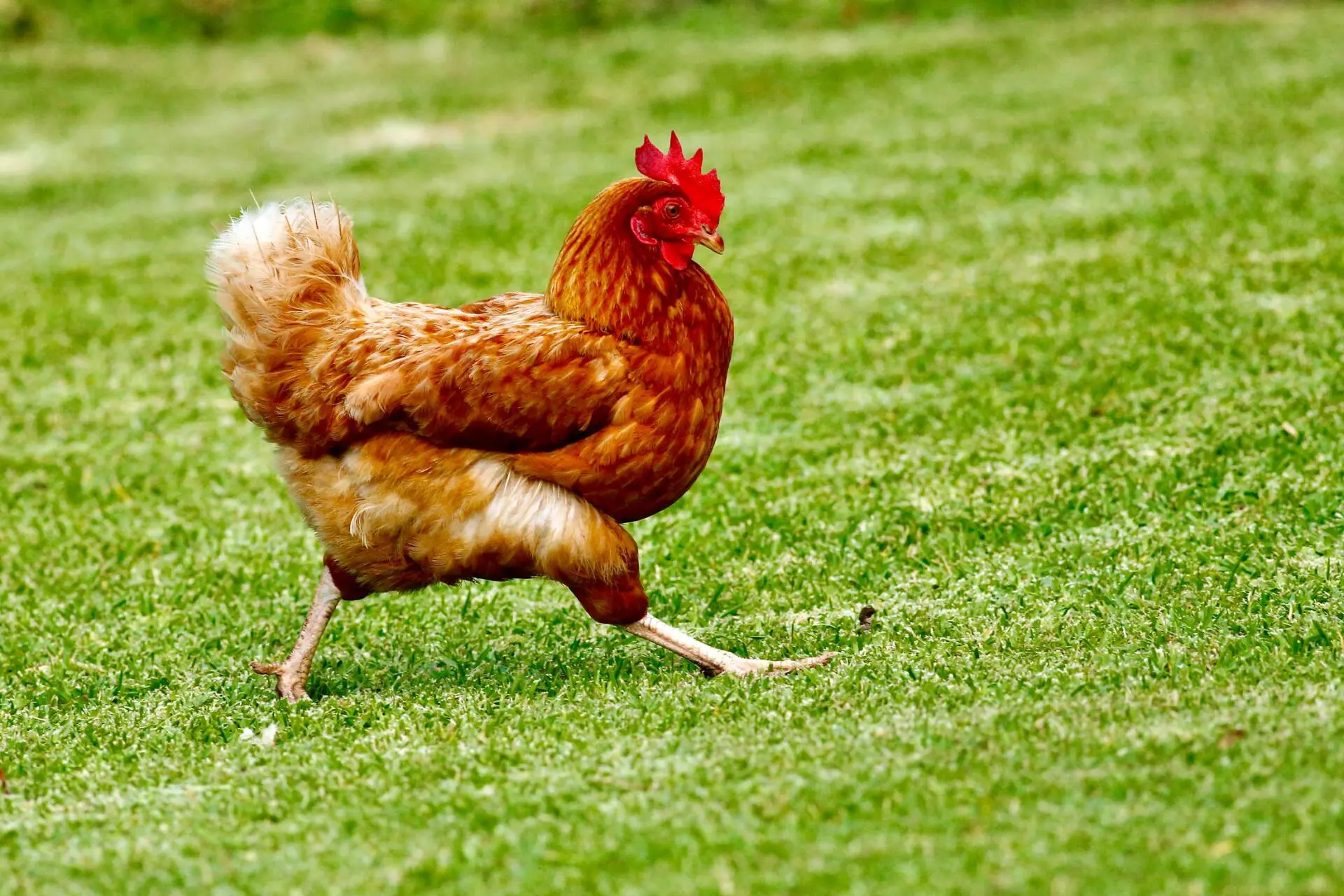Teach Fido to Swim
Do you enjoy summer? If you enjoy swimming, you’ll probably like the hot weather. Swimming is usually an excellent way to cool off on a hot day. Many of our canine friends like swimming. Dogs, like people, must learn how to swim. Continue reading for guidance from a Middletown, DE veterinarian on teaching Fido to swim.
What Age Is Best for Teaching a Dog to Swim?
As a general rule, roughly four months is a suitable age. Fido has a fairly good command of all those legs by then, and he probably at least somewhat understands the fundamentals of dog behavior. This is also the time to expose your pet to new experiences, as it’s within that crucial socialization window. Plus, if you wait much longer, your dog may become wary of the water. If Fido is too young, he may not be strong enough to learn how to swim safely.
Of course, if your puppy has any health issues, follow your veterinarian’s advice. If your dog has recently been spayed or neutered, wait until he or she is entirely healed. Ask your vet for specific advice.
Can You Teach an Older Dog How to Swim?
Even older dogs can learn to enjoy swimming safely. You don’t want to force the issue, though. You’ll also need to take some extra measures with elderly canines. Senior dogs, for example, are more sensitive to temperature changes. They will also tire quicker than younger pets.
Having said that, swimming can be a terrific workout for senior dogs. As you may know, arthritis is fairly common in elderly dogs. Swimming can provide Fido with a great cardio workout that is gentle on his bones and joints. It’s also a terrific method to cool yourself on hot summer days.
Do All Dogs Have The Ability To Swim Naturally?
Not always. Most dogs can learn to paddle or navigate in water while wearing a flotation device. However, that does not imply that they can swim safely. For example, puppies with long spines and/or short legs, such as Corgis and Dachshunds, simply cannot steer well in water and can soon get into problems. Toy breeds like Pomeranians can drown in a few inches of water. Brachycephalic puppies, such as bulldogs and pugs, are in grave danger of drowning due to their narrow airways. Furthermore, many large dogs and certain seniors are unsuitable for it. Ask your vet for more information.
Get A Life Jacket For Your Dog
It’s a good idea to start Fido with a pet lifejacket. This improves buoyancy and stability. Furthermore, it is important to help your pet become accustomed to wearing such things for safety reasons. He would absolutely need to wear one if you took him boating or camping near bodies of water. This can also give him more confidence in his ability to navigate in the water.
Have your canine companion wear his lifejacket about the home to become acclimated to it. Make sure it fits comfortably!
Select the Right Location
You’ll want to go somewhere shallow, preferably with a gradual slope. It is acceptable to visit a beach that allows dogs.
Get Your Pup Ready for Swimming
Go for a short stroll with Fido before taking him swimming. You want to get him warmed up a bit. However, don’t go overboard. Your dog shouldn’t be too fatigued for his swim lesson!
Choose The Appropriate Time
You should choose a time when the water is both comfortable and smooth. If the water is cold or choppy, Fido may dislike the experience. It shouldn’t be too hot, either.
Fido’s Swimming Lessons
When you’re ready to dip your toes—or, technically, your pet’s paws—into the water, be cautious. Speak to Fido in a gentle tone. It’s great to swim with your dog. This will help Fido feel safer. You’ll also be able to support him in the water, either by holding him or by gripping the handle of his doggy life jacket.
You don’t want to throw Fido into the deep end and expect him to figure things out. That’s quite dangerous! Furthermore, even if your dog learns to paddle, the experience may be traumatic for him. He could develop a lifetime fear of water and you.
Normally, we recommend using rewards as a motivator when training. In this scenario, however, you should stick to praise and compliments until your furry learner has all four paws on solid ground.
Following the Lesson
After Fido has emerged from the water, rinse him off to remove any salt, sand, or chlorine from his fur.
Is there anything to keep in mind? After a swim, his paws will be extremely fragile. Dogs’ toe beans, like our skin, become delicate and wrinkly after being wet.
After the session, keep your pet on soft ground. After swimming, he may develop painful blisters and abrasions from running on hot or rough surfaces such as sand or swimming pool decks.
Which Dogs Are Good At Swimming?
Initially, many of our canine companions were assigned swimming responsibilities. Many retrievers, for example, would bring back ducks and other game for their owners. In fact, some dogs have webbed feet and slick coats to aid in this.
Here is a list of pups that usually enjoy the water:
- Portuguese Water Dogs
- Labrador Retriever
- Newfoundland
- Irish Water Spaniel
- Chesapeake Bay Retriever
- Standard Poodle
- Nova Scotia Duck-Tolling Retriever
- English Setter
- Otterhound
- Curly-Coated Retriever
- Boykin Spaniel
- Barbet
- Lagotto Romagnolo
- Irish Setter
- German Shorthaired Pointer
- Schipperke
However, even pups who are generally excellent swimmers, such as Golden Retrievers, do not always take to water like fuzzy ducks. Fido will still need to learn to swim. He also may simply dislike it.
Pool Safety For Dogs
If you have a pool or are taking Fido somewhere that does, you’ll need to take certain precautions.
The first thing we propose is showing your canine companion where the steps are. This is very important! If Fido falls in when no one is looking, it could save his life! You want to make sure that the information actually sinks in, so take your time with this training and put your furry friend through several tests. You might also consider placing a visual sign near the pool stairs, such as a life buoy.
What else should you bear in mind with pools? The cover for the pool. Fabric covers can be highly dangerous. They may not be capable of supporting Fido’s weight. However, your dog may misinterpret it as a solid surface and rush out onto it. We urge that you play it safe and keep the pool gated when it is not in use.
The most important thing, of course, is not to leave your furry friend near water alone. Even dogs who are good swimmers can become distressed if they fall in by accident. Always monitor your canine friend very closely when he is in or near water. Ask your vet for more information and tips on keeping Fido safe near pools and beaches.
Make An Appointment With Your Middletown, DE Pet Clinic
Do you have any queries regarding your dog’s health or care? Contact your local Middletown, DE pet hospital at any time. We are committed to providing excellent veterinary care.




